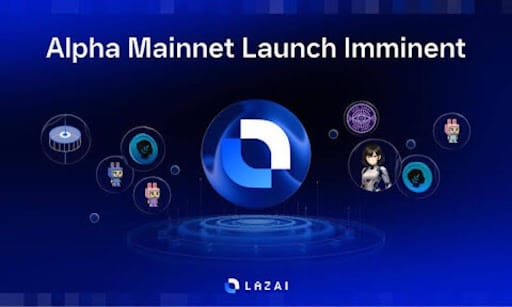98th Reason For National Bitcoin Reserve: State-Owned Enterprises Modernize Through Bitcoin and Blockchain Tools

State-owned enterprises (SOEs) represent a substantial portion of many national economies, offering essential services in banking, energy, telecommunications, and transportation. These public institutions can function as practical testbeds for Bitcoin and blockchain integration within governmental frameworks. By incorporating Bitcoin into payment systems or treasury operations, SOEs can develop operational expertise while establishing real-world use cases that build public confidence. This approach allows governments to gain practical experience with digital assets through controlled implementation in established public entities.
The integration of Bitcoin into SOEs creates unique opportunities beyond simple adoption. Public banks could offer Bitcoin custody services, reducing barriers to entry for citizens while maintaining regulatory oversight. State energy producers might accept Bitcoin payments for surplus electricity, creating a direct link between national resources and digital assets. Telecommunications providers could implement micropayment channels for services, demonstrating Bitcoin's utility beyond simple value storage. These implementations would generate valuable data on Bitcoin's practical applications within government-supervised environments.
The long-term implications extend far beyond the immediate operational benefits. When SOEs adopt Bitcoin infrastructure, they develop institutional knowledge that transforms into national expertise. This creates an ecosystem where technical professionals gain specialized experience that eventually diffuses throughout the broader economy. The relationship becomes symbiotic – as SOEs implement Bitcoin solutions, they contribute to network security through participation, while simultaneously benefiting from the network's growing reliability. This gradual integration bypasses the political resistance often associated with direct reserve announcements while building the necessary foundation for eventual full-scale adoption.
"The transformation of state-owned enterprises through Bitcoin integration represents a pragmatic pathway toward national adoption," says John Williams, BTC PEERS editor. "Nations that experiment with Bitcoin at the SOE level develop practical expertise while mitigating perceived risks. The data shows that technical implementation within existing institutional frameworks often precedes broader policy shifts. This bottom-up approach allows governments to build competence before making formal reserve commitments."
From a game theory perspective, SOE Bitcoin adoption creates a first-mover advantage in governmental blockchain expertise. Nations that delay implementation must eventually compete for technical talent against countries with established programs and expertise. This competition extends beyond simple Bitcoin holdings to encompass the development of specialized knowledge within government institutions. As some countries advance their SOE Bitcoin programs, others face increasing pressure to follow or risk falling behind in institutional capabilities. This dynamic accelerates adoption through competitive pressure rather than direct policy mandates.
The SOE pathway to Bitcoin adoption reshapes traditional power relationships between nations of different sizes. Smaller countries with efficient, technologically advanced SOEs can develop Bitcoin expertise that rivals larger nations, creating unexpected centers of excellence in blockchain governance. This expertise becomes a form of soft power, allowing smaller nations to influence international standards and practices around digital asset management. The traditional advantages of large economies – scale and resource abundance – become less relevant compared to agility and innovation in implementation. This shift enables smaller nations to establish influential positions in the emerging digital economy through strategic SOE initiatives rather than through raw economic might.




